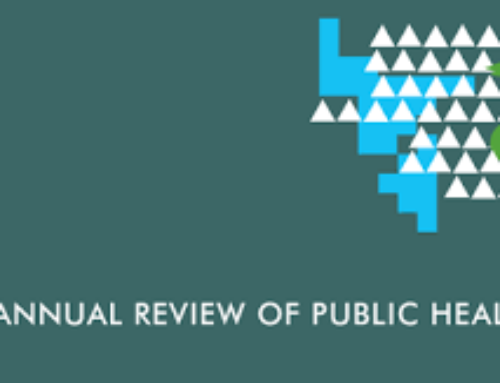In England, the NHS is responsible for 4% of total carbon footprint, with a significantly higher percentage of plastic waste compared to other industries. Unlike other industries, healthcare waste may be infectious, resulting in only about 5% of NHS plastic waste is being recovered. The pandemic has helped to shine a light on this issue, due to the increased demand for Personal Protective Equipment (PPE). Since February 2020, the government has distributed over 11 billion items of PPE to health and social care services in England, compared to just over 2.4 billion in 2019 – representing a substantial increase in waste, and highlighting the urgency of taking action.
In tandem, there is wider public awareness of environmental issues, leading to greater pressure on healthcare procurement teams to use their purchasing power to address this – around 60% of the health service’s carbon footprint can be attributed to the procurement of goods and services. Proactive businesses are therefore likely to benefit commercially from establishing sustainability goals and objectives. The challenge for manufacturers of disposable medical devices is to reduce the overall impact in a way that is financially viable.
Visit Med-Technews.com for the full article.









